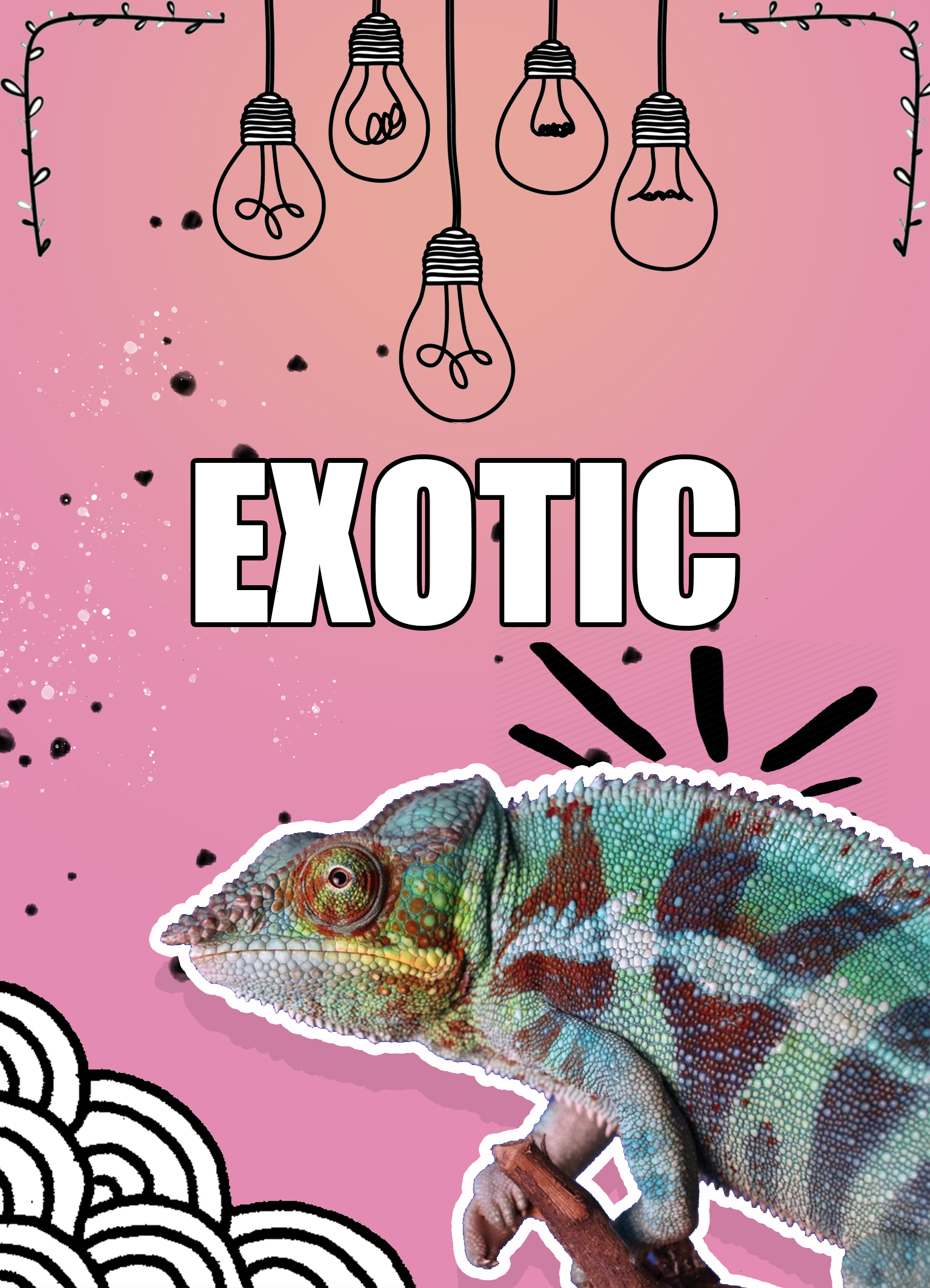You’ve probably lost count of all the scandals in the fashion and luxury industries related to the maltreatment of animals (to be honest, so have we). As a result of these outrages, many companies have been actively seeking to become more responsible in their sourcing of animal-derived materials, particularly exotic skins. The almighty LVMH is no exception – they have maintained a consistent standpoint throughout the years that developing exotic reptile skins actually helps to encourage sustainable growth and also benefits the conservation of wildlife species. Here’s a brief summary of the “scaly” progression of the large conglomerate.
Investments in a vertical supply chain began in 2009, when LVMH entered into a partnership with Tannerie Masure, an esteemed Belgian tannery. In 2011 and 2012, LVMH took control of Tanneries Roux, and also purchased a controlling stake in Heng Long International Ltd., known for its supply of high-quality crocodilian leather, tanning and finishing expertise, and craftsmanship. LVMH claimed that the deal is “an excellent fit between two partners who share demanding standards for sustainable and conservation of wildlife species.” This major step marked the beginning of LVMH’s desire to gain full control over the crocodilian leather supply chain.
Fast forward five years to 2016, PETA released footage that revealed the poor conditions of Vietnamese crocodile-skin suppliers for LVMH, and the gruesome way in which the reptiles were bred and killed (concrete cages, electroshocking, slaughtering, torturing, and skinning alive – just to name a few alleged practices). PETA did not name-and-shame the farms concerned, while LVMH denied any relationship with the farms exposed by PETA.
In 2017, PETA bought a single share in LVMH in order to put pressure on the latter to stop selling merchandise made from exotic skins. Just a year later, in 2018, PETA criticised LVMH once again over the breeding conditions for its crocodile and ostrich farms. As a response, LVMH released a statement claiming that “the group and its suppliers ceased all trading in 2014 with the farms named by PETA” and condemned animal-cruelty practices.
Although LVMH has experienced multiple setbacks connected to the accusations made by PETA, it is obvious that the conglomerate is still making steps towards the group’s ambitious strategy of gaining complete control over the sourcing of animal skins.
Earlier this year, LVMH announced that it would launch a new standard that ensures a responsible supply of crocodile skins through proper breeding and treatment of the animals. Jean Baptiste Voisin, Strategy Director for LMVH, underlined that their aim is to set a new normal for the industry, as current regulations seemed insufficient to the conglomerate.
This certification is part of the LIFE (LVMH Initiatives For The Environment) programme, and it is based on four pillars: “preservation of the species and respect for the local communities, animal welfare along all life stages of the animals, working conditions of all workers on the farms, and environment protection.” As of now, three farms supplying LVMH have already been certified according to this standard, and some 20 other suppliers are set to be certified before the end of 2020.

No Comments